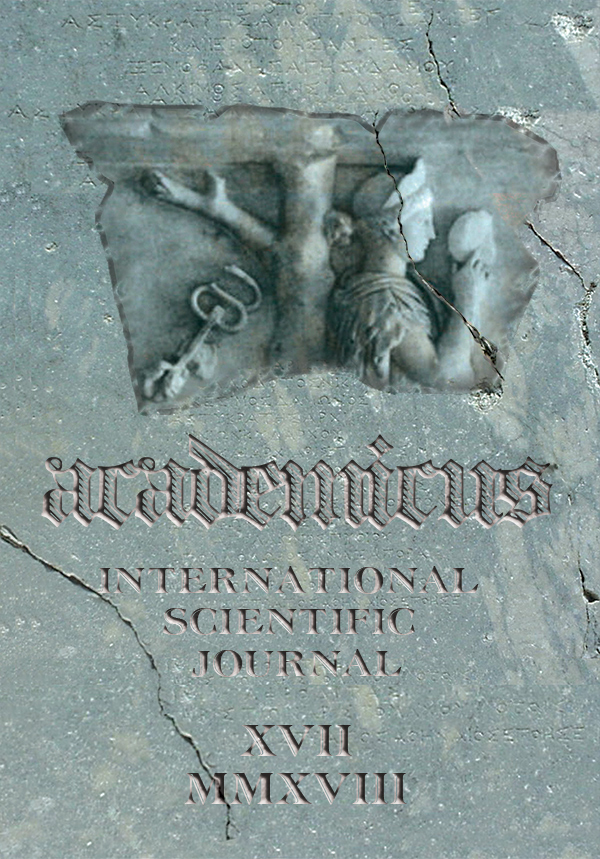Logic and its Pragmatic Aspects
Logic and its Pragmatic Aspects
Author(s): Michele MarsonetSubject(s): Philosophy
Published by: Academicus
Keywords: logic; formal logic; logical pluralism; pragmatism; analytic philosophy; praxis.
Summary/Abstract: A pragmatist conception of logic rejects any kind of logical constructionism, basedon the appeal to privileged ontological and epistemological items and to a perfectlanguage supposedly provided by mathematical logic. Even in logic, “pluralism” mustbe the key-word if one does not want to be locked in the cage of conceptions thatbecome rapidly outdated. Dealing with the dichotomy Absolutism/Relativism in logic,it may be observed that the enterprise of logic can be considered in several - andsubstantially different - perspectives, among which we find (1) the psychologistic,(2) the Platonistic, and (3) the instrumentalistic viewpoints. According to (1) logic isviewed as fundamentally descriptive, and its task is taken to be that of outlining a“theory of reasoning,” i.e. a systematic account of how we humans proceed whenreasoning successufully. According to (3), instead, logic’s task is that of constructingrigorous systems codifying not only actual, but also possible instrumentalities forconducting valid inferences, and these would be available (should someone wantto avail himself to them) for adoption as an organon of reasoning, but no empiricalclaims are made that anyone has (or will) avail himself of this opportunity. The logiciandevises a tool or instrument for correct reasoning, but does not concern himself aboutthe uses of this instrument. Philosophy and logic cannot be linked so closely, and todaythe idea that the analytic style of philosophizing is just one style among many others,and not the only possible one, is gaining increasing acceptance.
Journal: Academicus International Scientific Journal
- Issue Year: IX/2018
- Issue No: 17
- Page Range: 46-53
- Page Count: 8
- Language: English

